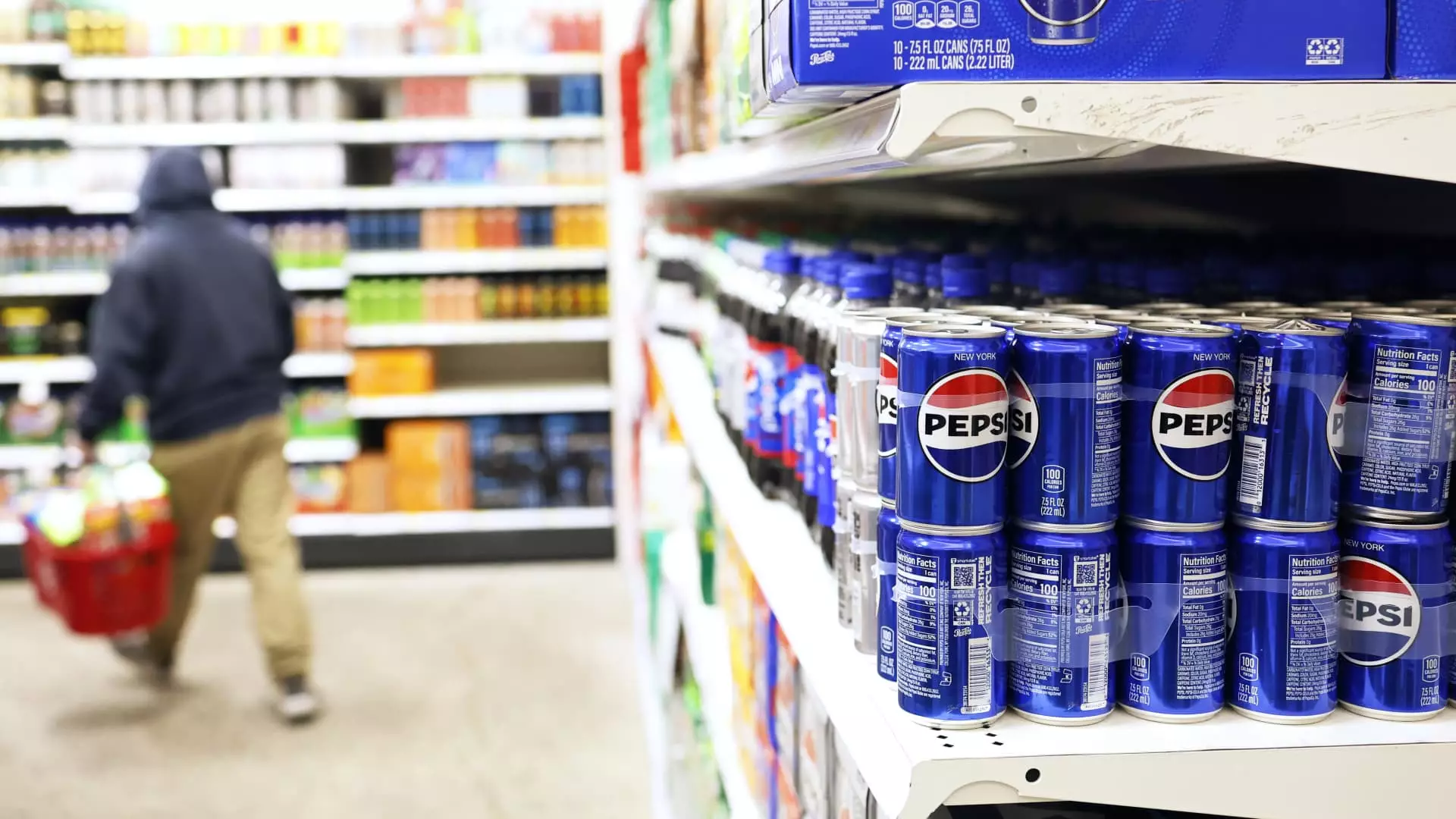In a significant move, the Federal Trade Commission (FTC) has initiated legal proceedings against PepsiCo, accusing the beverage giant of engaging in unlawful price discrimination practices. The commission claims that PepsiCo provided an unnamed retailer, widely speculated to be Walmart, with preferential pricing and promotional conditions that were not made available to other competing retailers. The heart of the issue lies in the Robinson-Patman Act, a law designed to prevent unfair competition by prohibiting sellers from offering different prices or promotional allowances to competing buyers for the same products.
The FTC alleges that PepsiCo’s dealings with this retailer provide it with distinct advantages, potentially harming its competitors and ultimately impacting market dynamics. This lawsuit’s implications extend beyond PepsiCo itself; it raises broader questions about the competitive landscape within the food and beverage industry, particularly the practices that large corporations can legally employ to gain market share.
The Robinson-Patman Act, introduced in 1936, is central to this legal battle. This legislation was designed to promote fair competition by preventing entities from engaging in discriminatory pricing practices. Although the act was somewhat dormant for decades, especially during the deregulation efforts of the 1980s, the recent revival of enforcement by the FTC could signal a renewed commitment to competitive market integrity.
PepsiCo is vigorously defending its business practices, rejecting the FTC’s allegations as unfounded both factually and legally. The company asserts that it adheres to industry norms and insists that any discounts or promotional support given to customers are part of standard business practices, not favoritism. This stance highlights the complexities within the enforcement of the Robinson-Patman Act, where subjective interpretations of market practices come into play.
This lawsuit underscores the delicate balance that regulatory bodies must maintain between fostering competition and allowing businesses the freedom to operate. If the FTC succeeds in its case, it could establish critical precedents that would shape future corporate marketing strategies and pricing policies. The potential repercussions for PepsiCo could include substantial financial penalties and a reassessment of its promotional tactics.
Moreover, the case has surfaced during a politically charged period, with President-elect Donald Trump’s incoming administration poised to alter the landscape of corporate regulation. The FTC’s actions may reflect efforts to impose stricter scrutiny before a leadership transition, while also serving as a bellwether for future enforcement against corporate practices deemed anti-competitive.
As the legal proceedings unfold, stakeholders will be watching closely, especially smaller retailers who may be adversely affected by the alleged preferential treatment enjoyed by larger competitors like Walmart. The FTC’s pursuit of transparency, as indicated by its request to unseal parts of the complaint and disclose the details behind the alleged violations, plays a crucial role in ensuring that competitive fairness is upheld.
The lawsuit against PepsiCo represents a pivotal moment in the ongoing struggle between maintaining competitive integrity in market practices and the operations of large corporations. The outcome will not only affect PepsiCo and its business strategies but also reverberate through the broader retail environment, influencing how companies navigate their pricing and promotional choices in a rapidly changing marketplace.

